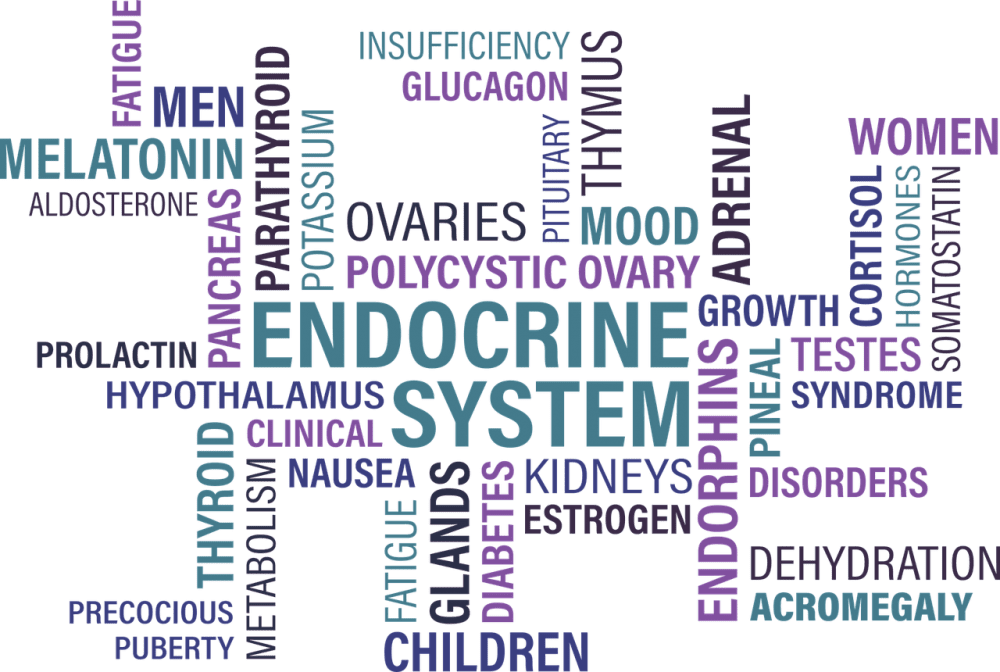The endocrine system consists of 8 glands that produce hormones. Hormones act as chemical messengers that travel through the bloodstream to your tissues and organs. They influence all your body processes and are responsible for reproduction, growth and development, metabolism, sexual function, and your mood. There are two major types of Endocrine disorders. These include:
- Endocrine disease due to a hormonal imbalance
- Endocrine disease due to formation of lesions in the endocrine system
Let’s take a look at some of the endocrine disorders that occur due to hormonal imbalance.
Diabetes
Diabetes is the most common type of endocrine disorder. Type I diabetes is an autoimmune disease where your pancreas stops producing the hormone insulin. As a result, your body is unable to maintain an appropriate amount of blood sugar levels in the bloodstream. Type II diabetes occurs when your body develops insulin resistance. As a result, it cannot use insulin properly.
Addison’s Disease
Addison’s disease is an endocrine disorder that develops when your adrenal glands do not release sufficient amounts of the hormone cortisol. This is referred to as adrenal insufficiency. Adrenal insufficiency can result when there is a problem in the adrenal glands. It can also be due to problems in the transfer of information from the brain to the adrenal glands, instructing them to produce cortisol. In some cases, adrenal insufficiency also involves low production of the hormone aldosterone.
Gigantism
Gigantism, also known as acromegaly, is a type of growth hormone disorder. It occurs when the pituitary gland produces excessive amounts of somatotropin (the growth hormone). As a result of this endocrine disorder, a child’s body parts and their bones grow abnormally fast. Their girth as also affected.
Hyperthyroidism and Hypothyroidism
These endocrine disorders result due to the improper functioning of the thyroid gland. Hyperthyroidism is a condition where this gland produces large amounts of the thyroid hormone. This can cause sweating, nervousness, weight loss, and a fast heart rate. In Hypothyroidism, the opposite occurs. The thyroid gland produces insufficient amounts of the thyroid hormone. This leads to constipation, fatigue, depression, and dry skin.
Polycystic Ovary Syndrome
Polycystic ovary syndrome (PCOS) is a hormonal disorder that occurs in women between the ages of 18 to 44. It interferes with the development and release of eggs from your ovaries. The ovaries can develop numerous follicles as well. PCOS is a leading cause of infertility in women. The exact cause of this syndrome is not known. Some common factors that can lead to PCOS include:
- Excess production of insulin
- Heredity factors
- The overproduction of the hormone androgen by the ovaries
Let’s Sum It Up
There are many different kinds of endocrine disorders. They usually result due to hormone imbalance. Most endocrine disorders can be treated if they are diagnosed early. The symptoms of these disorders can vary from person to person. They also depend on the gland involved.
If you require further advice on the types of endocrine disorders, we suggest you make an appointment with a physician at Health One Family Medicine.
Visit https://www.healthonemedicine.com or call (469)262-5762.

